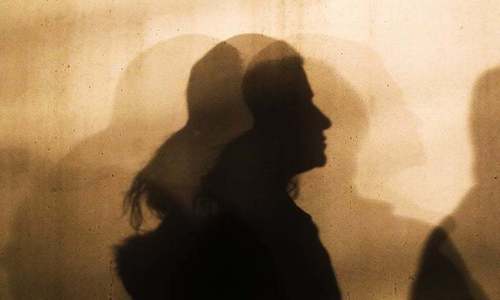AN important case is being heard at the Sindh High Court, one that has a critical bearing on the rights of minorities, particularly the thorny question of religious conversion when it goes hand in hand with underage marriage.
A Christian girl named Arzoo recently sought a court injunction to prevent the registration of a kidnapping case against a man with whom she had undergone a nikah ceremony, and his family. She had claimed in an affidavit that she was 18 years of age and was ‘marrying’ him after converting to Islam of her own free will.
However, apparently incontrovertible documentary evidence has emerged that shows Arzoo is a 13-year-old child. On Monday night, the police said they had arrested the purported ‘husband’, recovered the girl and were moving her to a shelter home for three days as ordered by the court.
There have been many incidents over the past few years in which families of girls from minority communities, usually Hindus living in interior Sindh, have alleged that their daughters were forcibly converted before being married to Muslim men. More often than not, the ‘brides’ are underage girls.
According to the law, the minimum age for marriage in Sindh is 18 years; there are no exceptions or mitigating circumstances. The Child Marriages Restraint Act mandates prison terms and fines for the male contracting party as well as those who perform the nikah or in any way facilitate such a union.
The problem seems to arise, however, when religious conversion is involved. At present there is no law providing for a minimum age of conversion. In 2016, a bill was introduced in the Sindh Assembly stipulating 18 years as the minimum age for such a profound, life-changing decision.
But when the religious lobby created a furore, the PPP government shamefully capitulated and the law was never enacted, leaving this critical issue concerning the minorities’ fundamental rights far from settled, and dependent on a case-by-case interpretation.
Almost always thus far, despite the law on underage marriage, the courts have been inclined to look the other way if the girl claims her conversion was according to her will, and allowed her to go with her purported spouse. The inequality of social and political power between the two parties is an important factor in this pattern, as is the pressure exerted in an atmosphere of growing religiosity, where true free will in matters of faith scarcely exists.
Published in Dawn, November 4th, 2020











































